100 Women: School students breaking the stigma around periods
- Published
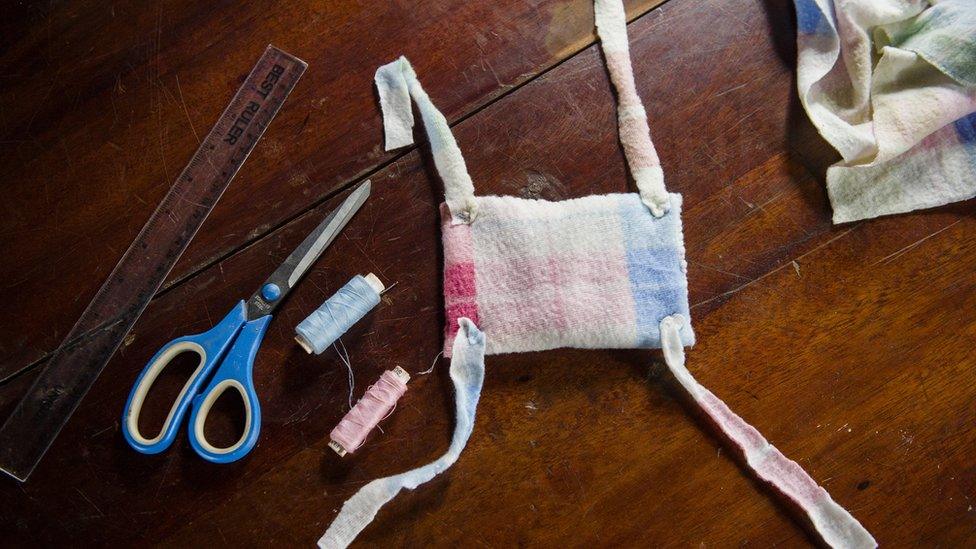
In schools where sanitary pads are not readily available, students are making their own
Twice a week after school, 12-year-old Angelina Jumula stays behind.
For the next hour, she sews cotton, waterproof lining, and flannels to make reusable sanitary pads.
In this school in Lilongwe, Malawi, periods are not a taboo topic that divides the girls from the boys.
In the Mloza Primary School sanitation club, the boys join the girls to produce sanitary pads. In an hour, the students can sew around 10 pads between them.
"The boys assist us in making pads," says Angelina. Girls are not ashamed to talk about their periods, or to play sports during menstruation, she says.
The goal of the class is to empower girls to make their own sanitary pads - while the boys make them for their siblings. Some are sold to other girls at low cost.
The charity WaterAid ran the programme to improve school hygiene for two years, but now more than 25 schools in Lilongwe are running it for themselves.
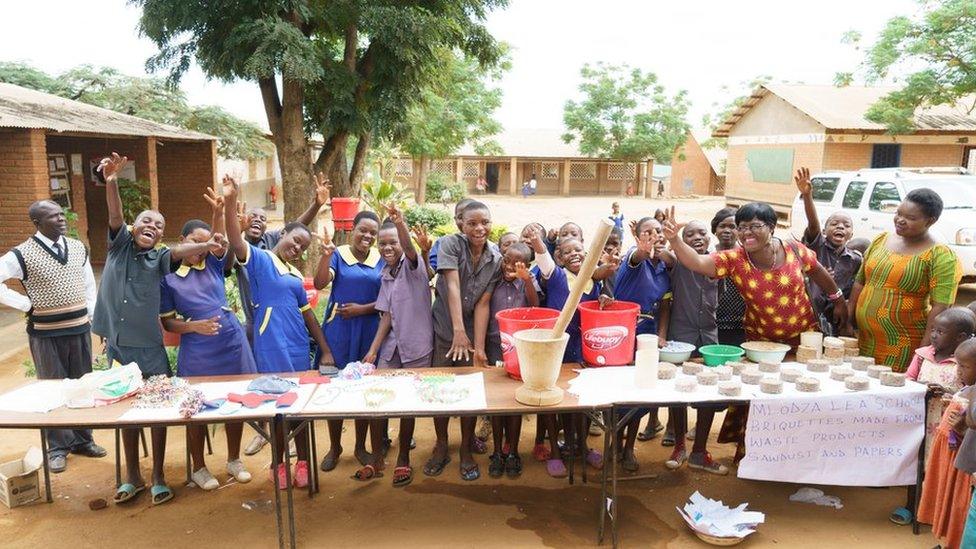
Students make sanitary pads, necklaces and bags at Mloza primary school
According to Unicef, external, absenteeism is high among girls during their periods, and drop-out rates are higher for older girls. The lack of sanitation facilities in schools makes the problem worse.
"Girls' attendance in schools has significantly improved since the programme was implemented," says Catherine Mangani, a teacher at the school, and matron of the sanitation club.
Making reusable pads can help keep girls in school - and "mother groups" of women from local communities help girls who have questions about menstruation.
Other countries where WaterAid is training girls on sanitary pad production include Uganda, Ethiopia, Madagascar and Mozambique.

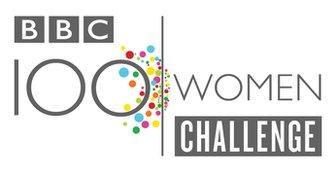
What is 100 Women?
BBC 100 Women names 100 influential and inspirational women around the world every year. In 2017, we're challenging them to tackle four of the biggest problems facing women today - the glass ceiling, female illiteracy, harassment in public spaces and sexism in sport.
With your help, they'll be coming up with real-life solutions and we want you to get involved with your ideas. Find us on Facebook, external, Instagram, external and Twitter, external and use #100Women

Women in rural Nepal run a similar program - but are fighting social stigma to do it.
When Claire Lin first decided to start the Dharti Mata workshop in the village of Patlekhet to train women in making low-cost sanitary pads in 2013, only two women turned up.
And "these two women had the support of their husbands," she says. Now there are seven local women working in the project.
"We produce a variety of eco-friendly pads with different materials. The cotton pads are sold to NGOs and local women at low cost," Ms Lin says.
But there are problems with reusable sanitary pads.
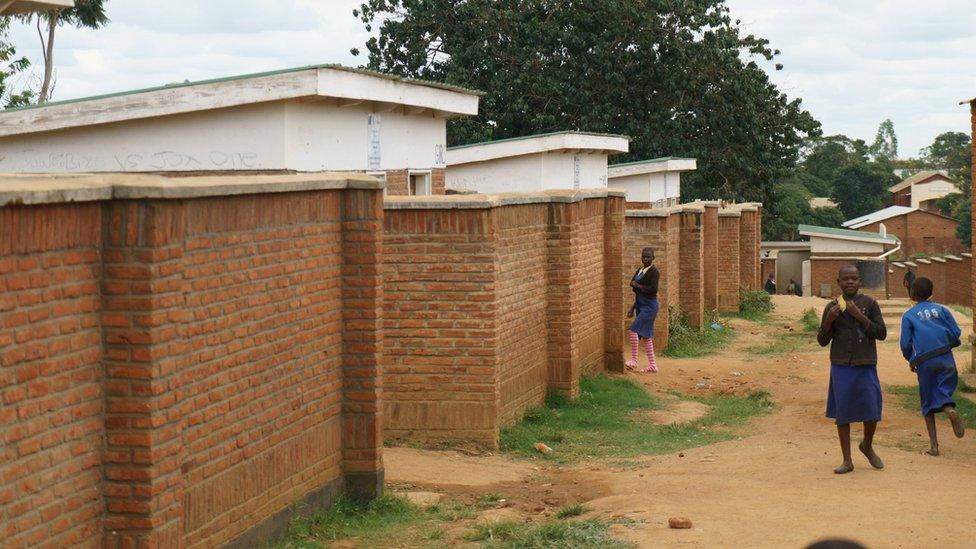
Access to water and sanitation - like in the new toilet blocks in Mloza school - can also boost attendance
If they are not properly cleaned and dried, it is not hygienic to use them, says Dr Emily Bishop, Health Education Officer at the African Services Committee in New York City.
"Another concern about reusable pads is that hanging them out to dry is not always an option, because of the stigma around menstruation," she adds.
That means clean water and sanitation facilities - and addressing the myths around menstruation - are important too.
Myths and stigma
Sixteen-year-old Sonal Vankhede failed to appear for three exams at her school a few years ago. Using pieces of cloth as makeshift sanitary pads made her feel uncomfortable leaving her home in Bhopal, in India's Madhya Pradesh state.
"I realised periods happen to every girl after I attended a session by WaterAid in my school. When I first discussed the importance of menstrual health hygiene with my mother, she told me this information was irrelevant," she says.
In India, myths around menstruation often prohibit women from entering the kitchen or cooking meals - as they are considered "impure" during their periods.
"Every time I attended a session, I shared the details with her. Eventually, my mother agreed to buy me pads. Now, she understands the myths... in fact, she does not say 'no' to anything.
"I can even cook and serve meals."
Only 57.6% of Indian women between the age of 15-24 years use hygienic measures during their period, according to the latest National Family Health Survey, external.
But now, Sonal's school has started stocking up sanitary pads after she opened a dialogue with her friends and teachers on the co-relation between menstruation and school attendance.
- Published12 October 2017
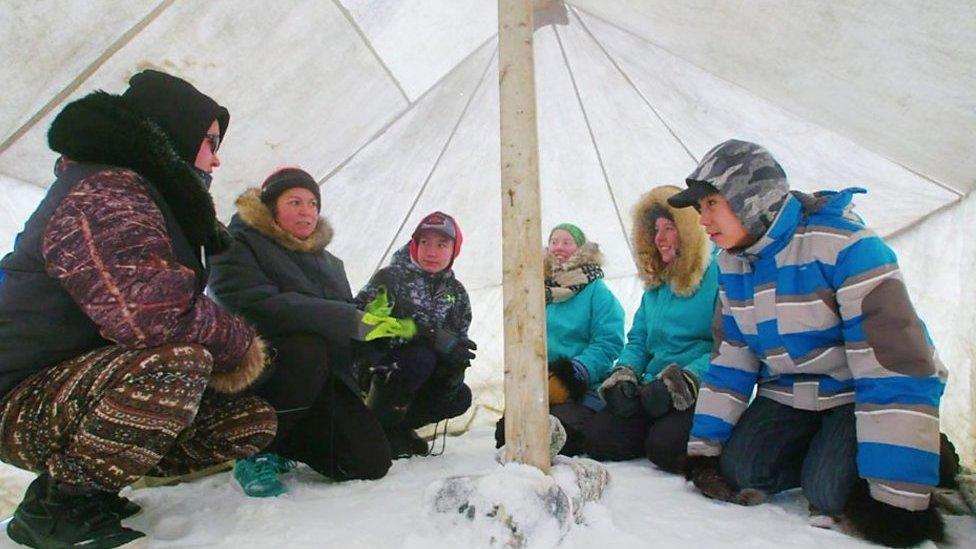
- Published12 October 2017
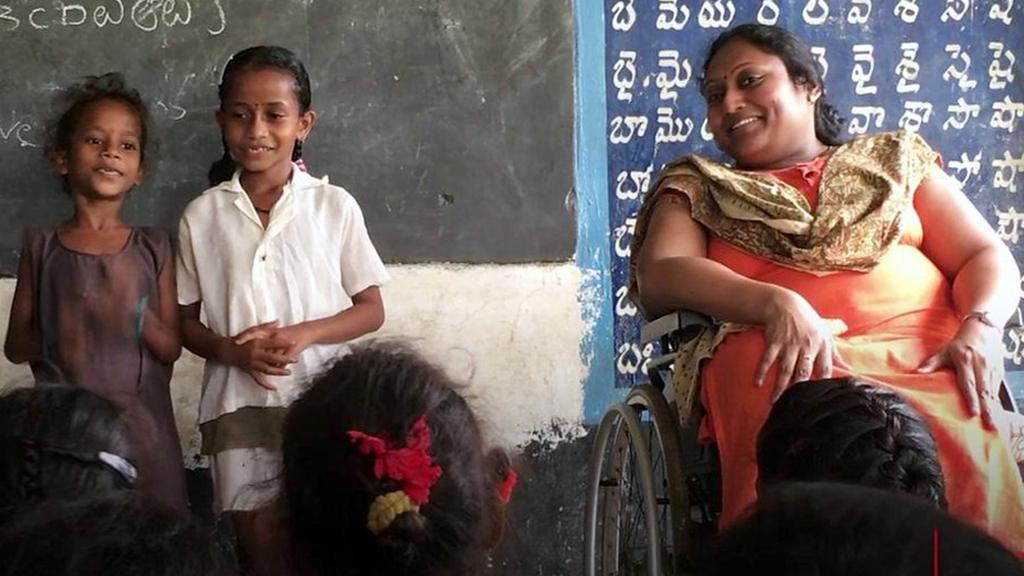
- Published11 October 2017
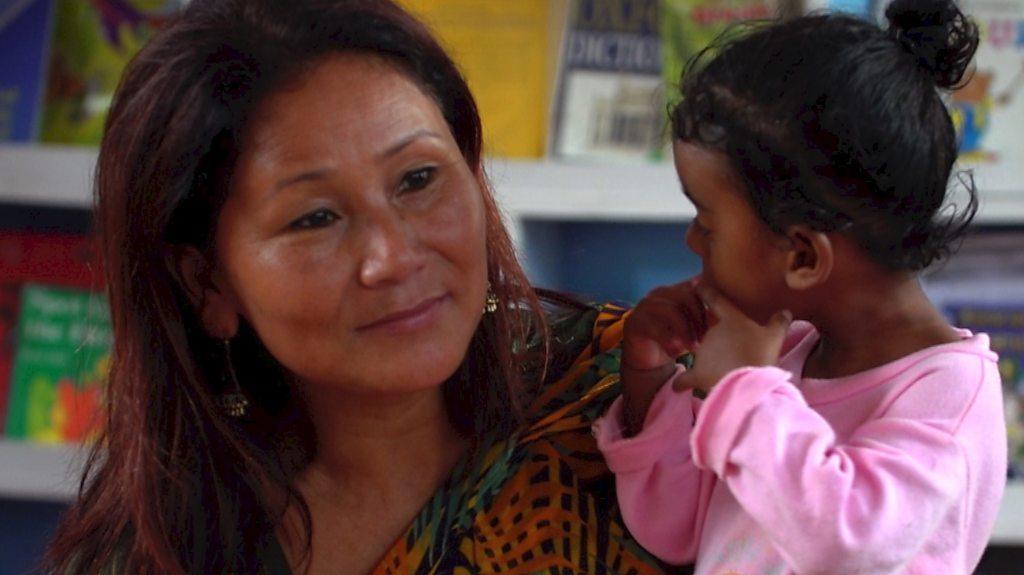
- Published11 October 2017

- Published9 October 2017
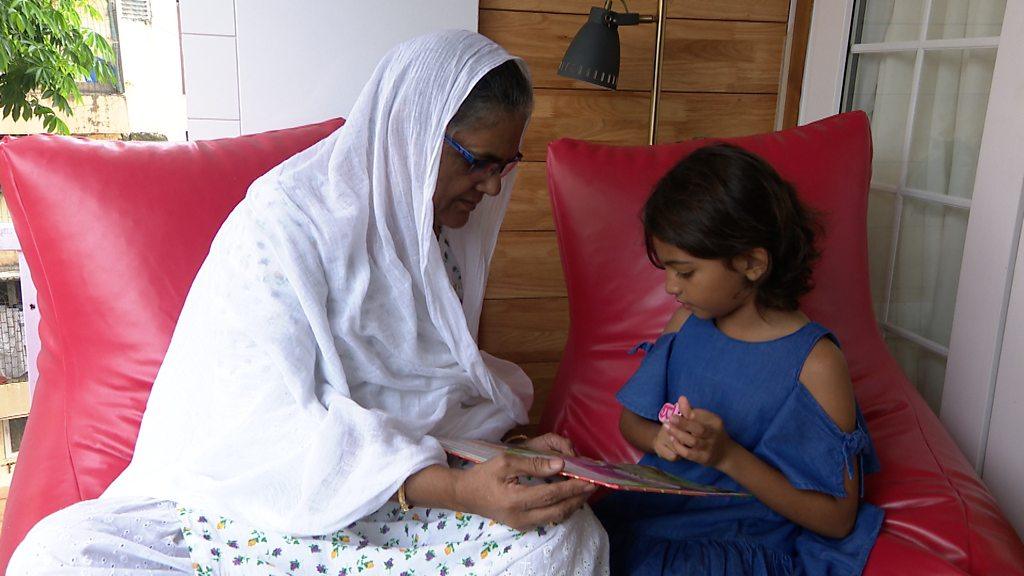
- Published10 October 2017
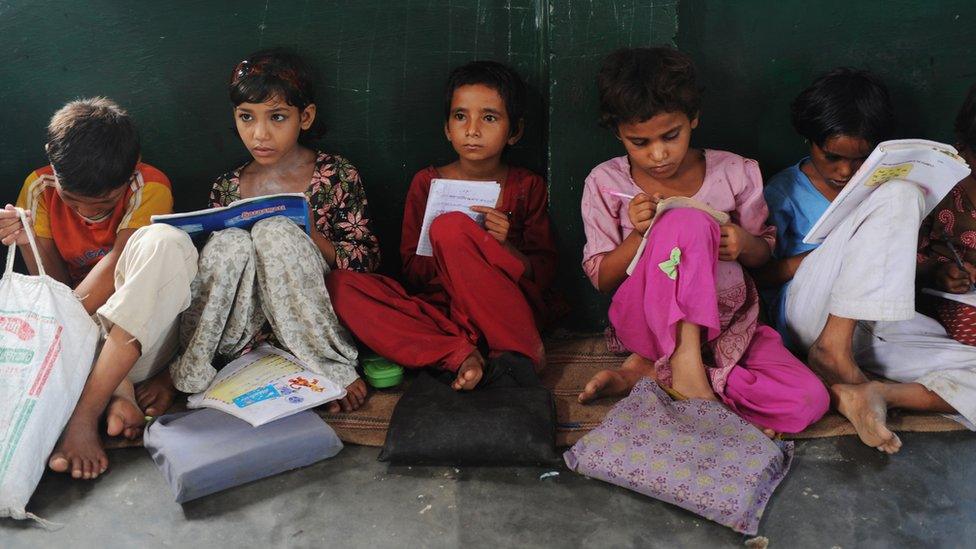
- Published9 October 2017

- Published9 October 2017
